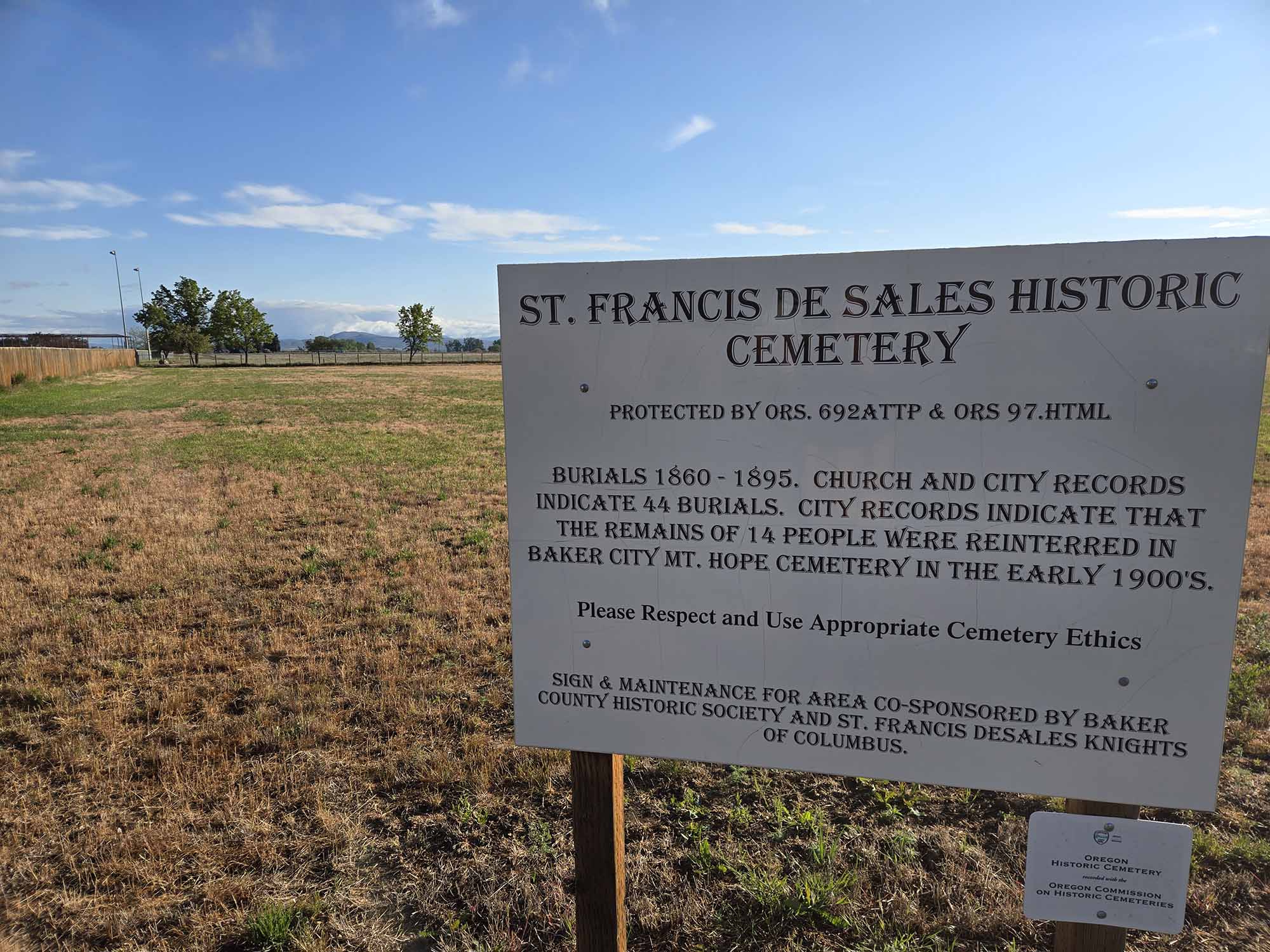EDITORIAL: Sparing the State Police
Published 11:59 am Thursday, May 14, 2020
Oregon state government hasn’t suffered the economic devastation that has plagued private sector businesses during the coronavirus pandemic, but the state’s budget is hardly immune to the effects of the economic restrictions.
State officials are planning for a $3 billion drop in revenue. The state’s total budget for the 2019-21 biennium (the state has two-year budget cycles rather than the one-year system cities and counties use) is $85.8 billion and its general fund/lottery budget is $23.7 billion.
Gov. Kate Brown asked all state departments to submit budget-cutting proposals.
This week Oregon State Police unveiled a $27 million cut that would eliminate 199 jobs and close nine field offices, including Hermiston, Prineville and La Pine east of the Cascades. The Baker City, La Grande, Enterprise, John Day and Ontario offices would remain open.
The proposal is just that. State officials will have a better idea of the scale of the dilemma when state economists release a revenue forecast May 20.
But the Legislature and the governor need to make it a top priority to ensure that OSP is protected, to a significant degree, from the budget ax.
OSP isn’t one of the larger departments in state government, and unlike many agencies it has shrunk over the decades. In 2019 only Florida had a lower rate of state troopers per capita than Oregon.
This situation, which leaves large parts of the state, including much of Eastern Oregon, without 24-hour OSP patrols, has not gone unnoticed by lawmakers.
During the legislative session this winter, the Senate Judiciary Committee recommended passage of Senate Bill 1545, which would increase the number of state troopers from the current 458 to 796 by the 2029-31 budget cycle. That current roster is about the same as OSP employed in 1970, when Oregon’s population was about half the current 4.3 million.
The bill, however, was still in committee when the Legislature adjourned in early March.
Fortunately, lawmakers from both sides of the aisle quickly responded to the layoff and field office closure proposal that OSP Superintendent Travis Hampton released this week.
Rep. Jack Zika, R-Redmond, said legislators from both parties want more troopers on the state’s highways, not fewer.
“This would be a steep cut — too steep,” Zika said of Hampton’s proposal.
Rep. Betsy Johnson, D-Scappoose, and a co-chair of the Joint Ways & Means Committee, agreed.
“We are going to have to find a way to fund essential services, and that definitely includes OSP,” Johnson said.
Achieving that goal is feasible in part because OSP already takes a relatively small bite from the state’s budget.
In the current biennium, public safety, which also includes the judicial department, constitutes 15.4% of the state’s general fund and lottery funds, and just 6.1% of the overall budget. The public safety fund is $5.26 billion, compared with $35.8 billion for human services, $17 billion for education, $15 billion for administration and $5.7 billion for economic development.
OSP needs to be given priority not only because public safety is such a critical part of the government’s duties, and one for which there is no private substitute.
It’s also an agency that has languished while other departments, such as human services and education, have grown along with the state’s population.
— Jayson Jacoby, Baker City Herald editor




